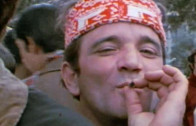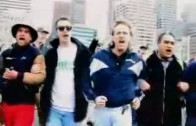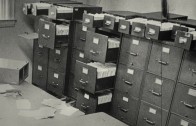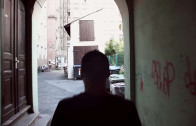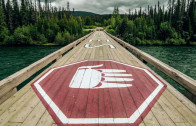Berkeley in the Sixties
Berkeley in the Sixties recaptures the exhilaration and turmoil of the unprecedented student protests that ended up shaping an entire generation in the United States. The Free Speech Movement caught national attention in 1964 when the University of California tried to suppress activists distributing literature and making speeches in an outdoor plaza on campus. The school governor ordered the arrest of students who had occupied the University’s Sproul Hall, leading the largest mass arrest in United States’ history. Police violence also helped politicise and escalate student uprisings, as awareness of the Vietnam War also kept the winds of dissent blowing, albeit as some movements attracted hedonistic individualism and broke away into fancifulness. On the other end was the Black Panther Party, which offered a militant alternative to the civil rights movement. This film recounts these events through 15 former student leaders, who grapple with the meaning of their actions, as their recollections weave with footage from thousands of historical clips and hundreds of interviews from the time. The film offers a reflective and insightful analysis of the successes and failures of the era–from the House Un-American Activities Committee hearings and civil rights sit-ins at the beginning of the decade, through the Free Speech Movement, anti-war protests, the growth of the counter-culture, the Black Panther Party, and the stirrings of the Women’s Movement–confronting the viewer with the questions the 1960s raised and struggled with.
